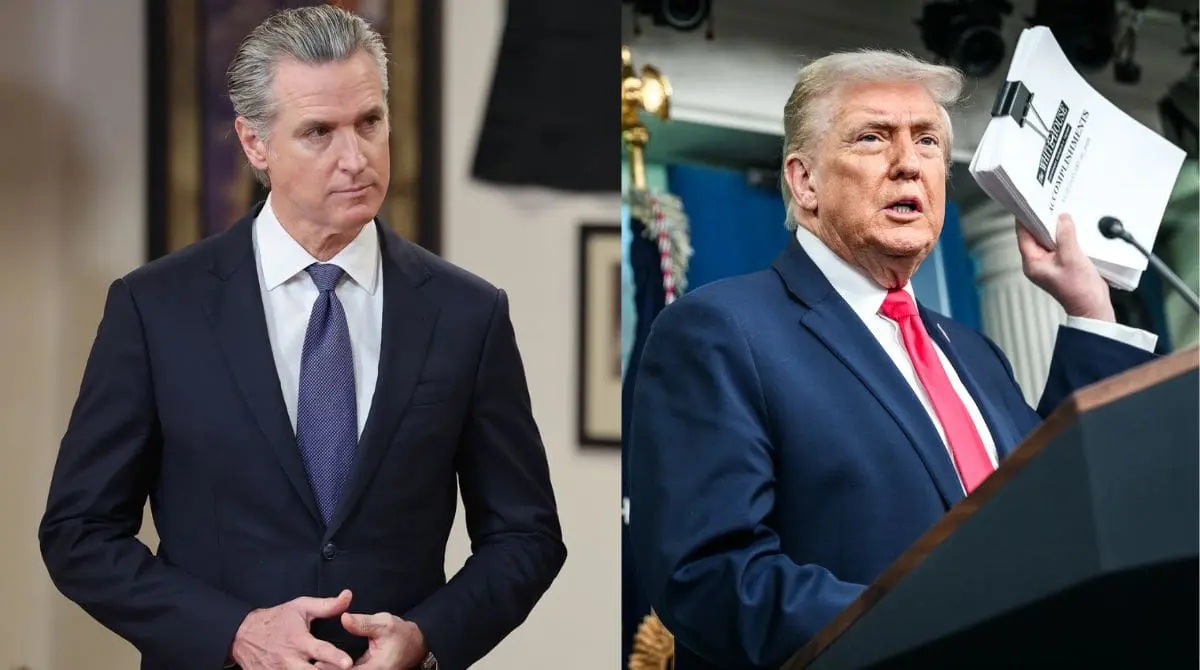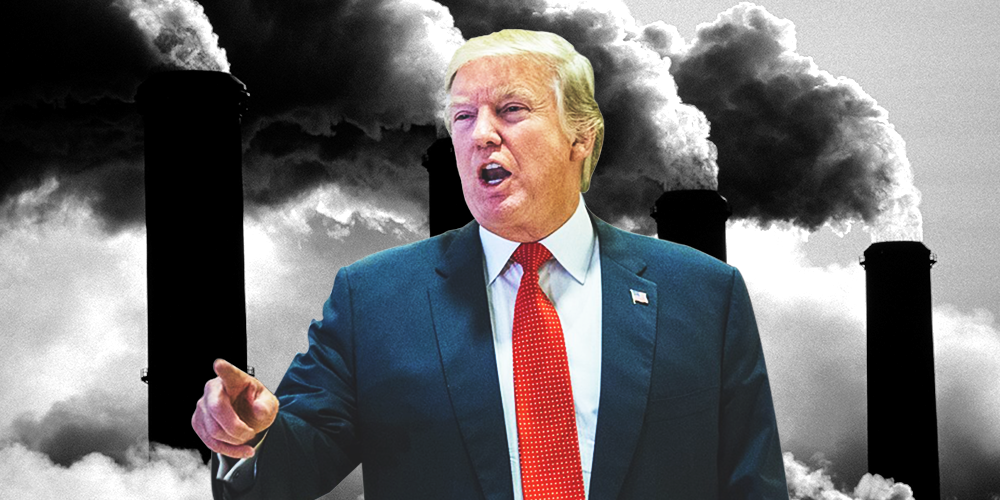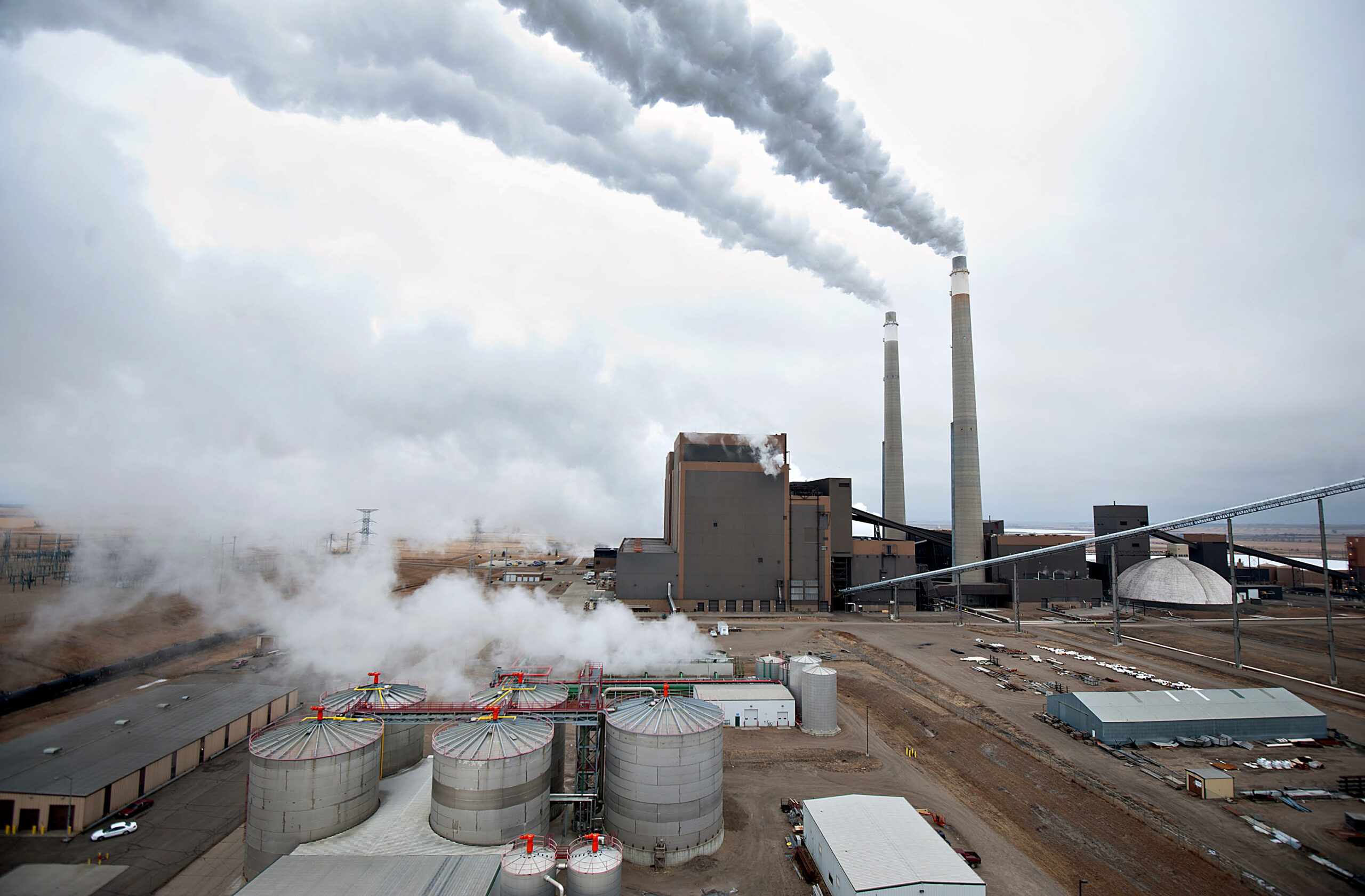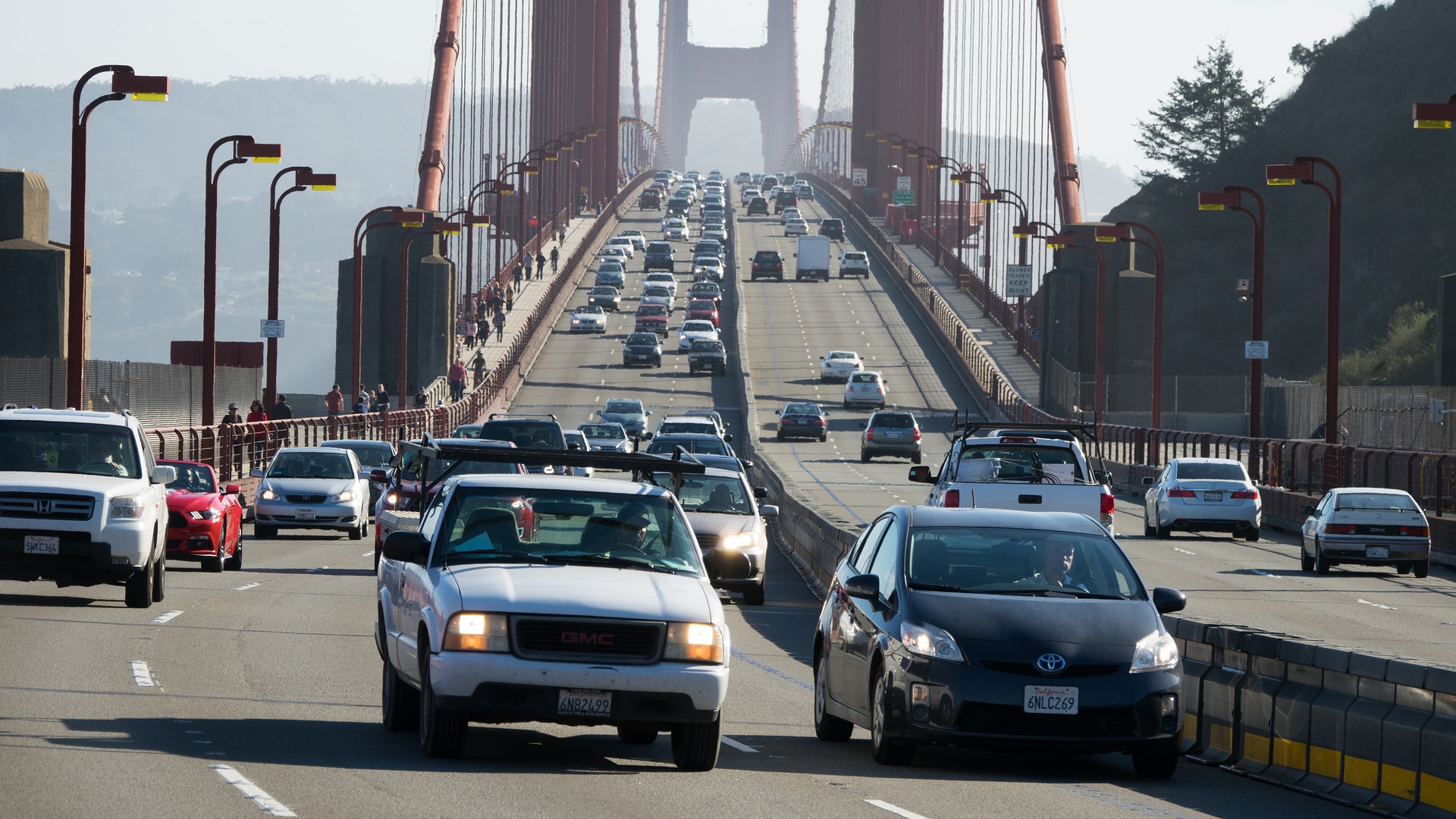Air Quality
What Happens to State Regulation if the Endangerment Findings are Gone?
Answer: State authority wouldn’t suffer from the change and might expand in some ways.
If the Trump EPA successfully repeals the endangerment findings for vehicles and stationary sources, states will be the only resort for climate regulation. A key question is how the repeals would impact state power to regulate carbon emissions. The bottom line answers are: (1) the impact on state power regulate tailpipe emissions seems unclear but could be positive, (2) there would be no effect on state power to regulate stationary sources like power plants, and (3) plaintiffs suing oil companies would probably benefit. The detailed analysis is below.
CONTINUE READINGA.I. Pollution in the Air — and the Public Comments
The Drain is a weekly roundup of environmental and climate news from Legal Planet.
Artificial intelligence has already replaced some artists, translators, and podcast hosts. Now it’s coming for… concerned citizens? That’s right. AI-assisted campaigns have started flooding the inbox of government agencies that seek to engage with the public. Do you remember last June when the South Coast Air Quality Management District Board killed two common sense clean …
Continue reading “A.I. Pollution in the Air — and the Public Comments”
CONTINUE READINGThe Affirmative Case for Finding Endangerment
Despite hairsplitting by the current EPA, finding endangerment is a no-brainer.
or EPA to decide that vehicle greenhouse gas (GHG) emissions aren’t harmful is iike NASA deciding that the earth isn’t round after all. Over the next year or two, lawyers will be picking over EPA’s detailed legal arguments. Let’s not get mired in the weeds. It’s crazy that this issue is even being raised.
In 2007, the Supreme Court told EPA to do two things: (1) consider whether GHGs endanger human health and welfare, and (2) if the answer is yes, regulate vehicle emissions of GHGs. That’s exactly what EPA did. Nothing has changed in the meantime.
Nightmare on Penn Ave (Part 2)
After a year of Trump 2.0, here’s how things stand.
Eight years ago almost to the day, I wrote a post titled, “One Year and Counting.” I was writing at the end of Trump’s first year in office. And here we are again, one year into a second Trump Administration. Trump’s basically deregulatory strategy has remained largely unchanged. But there are some notable differences in the situations then and now. I closed my 2017 post with this: “One characteristic of the Trump Administration is a ceaseless stream of controversies and dramas. But generally speaking, the amount of actual legal change has been much more limited, because the system is designed to provide checks on administrative and legislative action.” It remains to be seen how well those checks will function this time around.
CONTINUE READINGIs This the End of Cost-Benefit Analysis?
Trump’s EPA is effectively abandoning economic analysis
Maybe the Administration means to keep cost-benefit analysis in place for some other kinds of regulations at EPA or elsewhere. But if the courts uphold the EPA’s refusal to quantify the enormous harms caused by air pollution, it’s hard to see an argument for quantifying many other regulatory benefits. In other settings, environmentalists might applaud the repeal of cost-benefit analysis. In the current setting, however, the purpose is all too plain: to make it easier for the Administration to ignore the ways it is endangering human life and health.
CONTINUE READINGEveryday Christmas: The Gift of the Commons
Clean air. Clean water. We receive these public goods every day without payment
One of the Christmas classics is the Jimmy Stewart movie, It’s a Wonderful Life. George Bailey, Stewart’s character, is despondent about his life until he learns how much he has unknowingly helped others and how grateful they are. It’s heartwarming, if also a bit corny. There’s a flip side to that story: the need to remember …
Continue reading “Everyday Christmas: The Gift of the Commons”
CONTINUE READINGTrump’s Baffling Free Pass for Coke Oven Pollution
Even for the Trump Administration, this seems really weird.
Trump just gave coke ovens a free pass for their toxic air pollution. What makes this so weird is not Trump’s reversal of a public policy protecting public health or of an action taken under Biden. Both of those are routine these days. Nor is it weird that Trump did so without the slightest factual basis. That’s also par for the course these days. What is weird is doing this after Trump’s own EPA director, who has no evident scruples about favoring industry, said no. There is no indication Trump was even aware of this fact. And it is even weirder, in that industry didn’t have a compliance problem in the first place and would save only pocket change from the postponement.
CONTINUE READINGThe Lingering Legal Issue of California’s Limits on Vehicle Emissions
The issues are complex, but the state has some strong legal arguments on its side.
The odds are high that the Trump Administration will withdraw California’s power to regulate greenhouse gas emissions from cars and trucks – and along with it, California’s effort to become all-electric. This is a crucial issue for the state because transportation accounts for about 40% of the state’s emissions. It’s also crucial for the other states have exercised the option of adopting California standards. The issues are complex, involving an unusual statutory scheme. Here’s what you need to know, and why I think California should win this fight.
CONTINUE READINGA Strangely Important Case about… Boilers?
UCLA Law’s clinic files Ninth Circuit brief in defense of core air pollution control authority.
When I think about sources responsible for LA’s air pollution, I don’t first think about water heaters, boilers, and other medium-scale appliances. But it turns out that appliances that burn natural gas to heat water are, in aggregate, an incredibly significant source of nitrogen oxides (NOx), an air pollutant that worsens smog and causes serious …
Continue reading “A Strangely Important Case about… Boilers?”
CONTINUE READINGSome Good News About the El Segundo Chevron Explosion
The Drain is a weekly roundup of environmental and climate news from Legal Planet.
When the state’s second-largest refinery emitted a fireball into the heavens last week, it was bad. But it wasn’t all bad. The “incident” at the Chevron refinery in El Segundo was a good reminder that air pollution is present during the entire life cycle of oil and gas products, from when it comes out of …
Continue reading “Some Good News About the El Segundo Chevron Explosion”
CONTINUE READING













